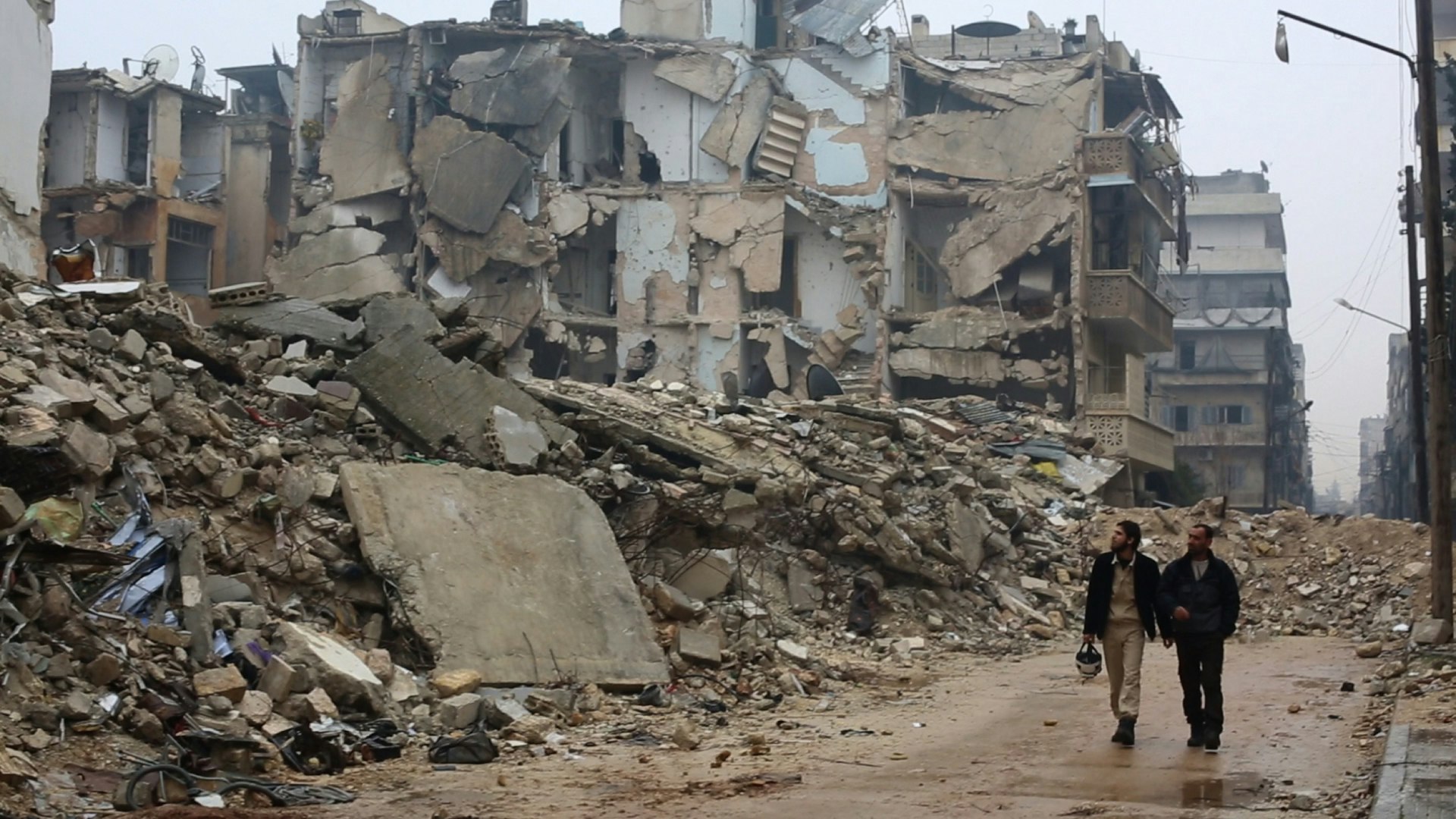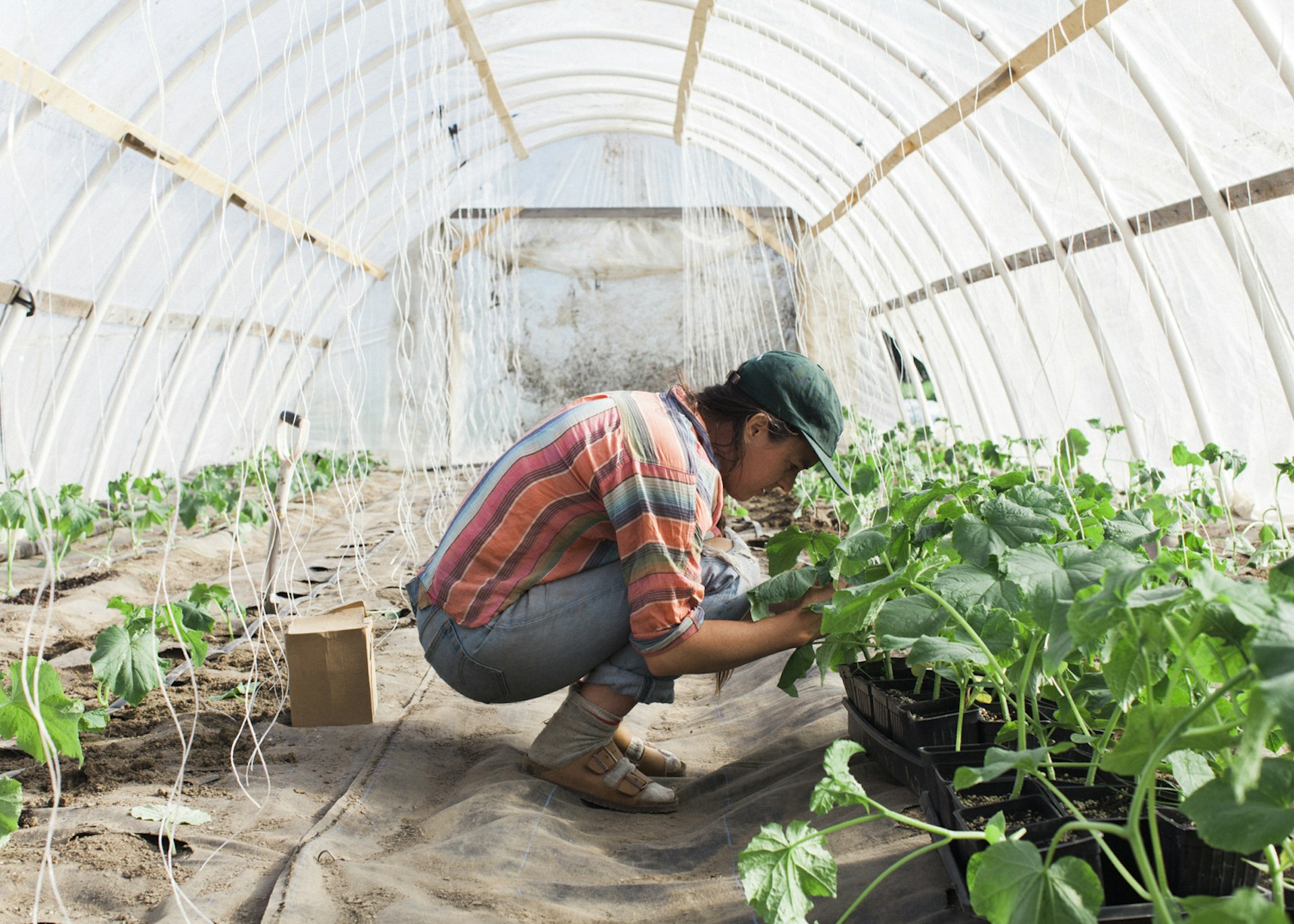
Digging the Dirt: The skaters leaving the rat race to live a life off-grid
- Text by Julia Kidder
- Photography by Talia Herman // Andrew Querner
Stepping into the summer, we start taking notice of the effects that heat and light have on our bodies. We spend as much time outdoors as possible, taking advantage of every opportunity to seize the day. A stretch of sunshine not only transforms how we think about the space around us, but how our lifestyles adapt to them.
Unfortunately, urban cultures have increasingly neglected the importance of a little space, dirt, water and sun. As people have flocked to cities, they have lost touch with nature and the processes that go with it – chicken breasts look like pink, girdled pieces of plasticine; fruit and vegetables are barcoded.
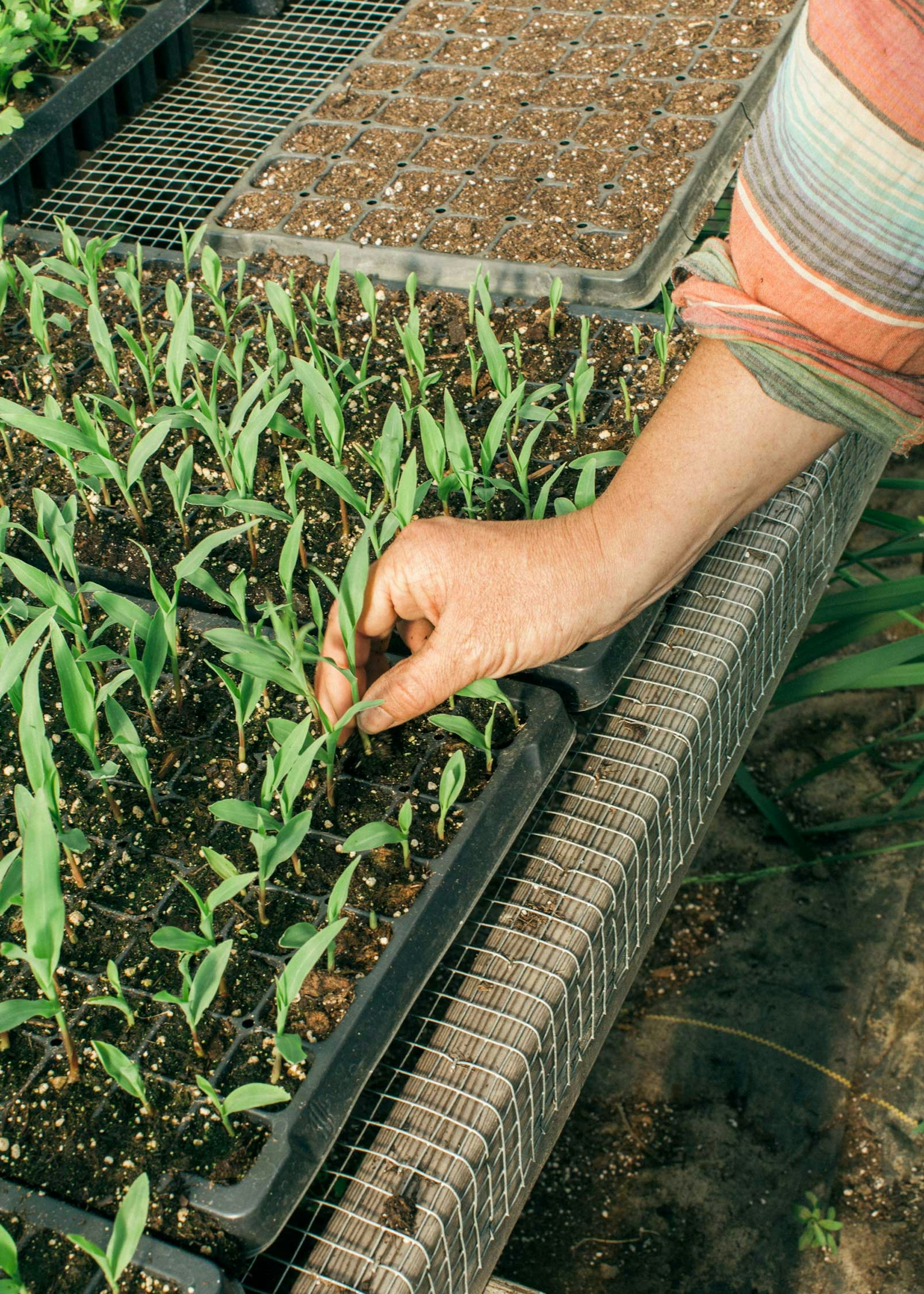
Alana Paterson
But not everyone accepts this as the way it has to be. There is a whole movement of people who resist the mainstream food industry to grow and consume their own natural produce. The skate community – a subgroup that spends more time than most outdoors and connected to the ground – has been quick to pick up the call to action.
Skate photographer Brian Gaberman – whose latest monograph ‘A Life in Transition’ documented seven years behind the camera – was born on the East Coast in New Haven, Connecticut, but after moving to San Francisco in the ’90s to work for iconic magazine Slap, he was exposed to a more rural way of life. And when he started a family in the early 2000s, this conviction was cemented.
“I really started trying to produce the food my family eats about nine years ago,” he remembers today from the farm he lives at with his family in Northern California. “Maybe it was something about raising children in an ever-increasing toxic environment and trying to give them the best quality food without going completely broke, which of course we usually were… the people selling you food in the industrial system don’t care at all if you’re healthy. They only care about making money.”
“Getting sick can mean relying on the pharmaceutical and medical industries who, some would say, tend to make a ton of money off of our health issues. At home, we make practically everything from scratch so there is almost no processed junk or pre-prepared foods around. Growing your own food shapes how you eat tremendously. You go outside and eat what’s in season. That’s what your body needs at that time of year, anyway.”
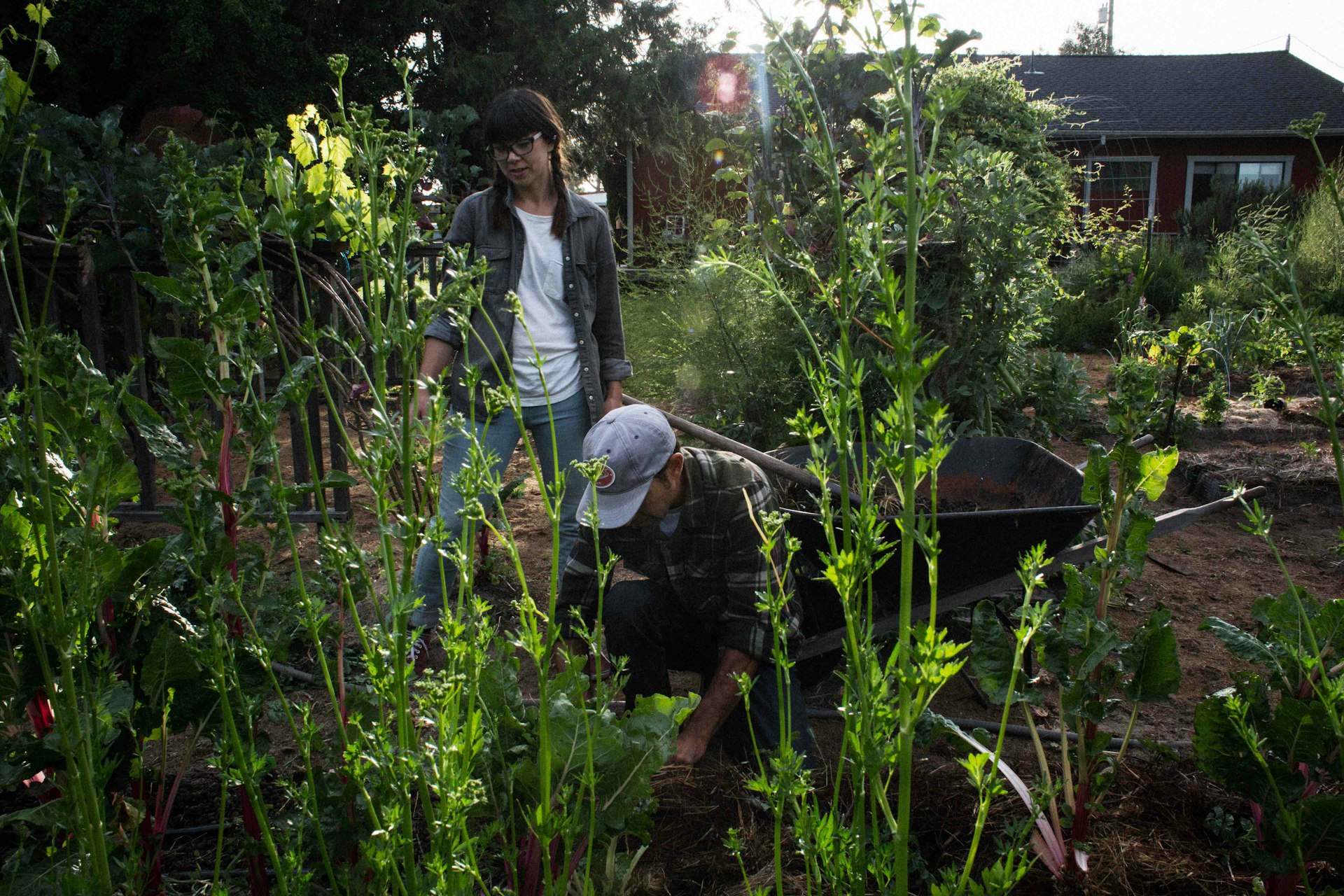
At home, Brian may live this pastoral life, but his job still requires him to exist in the thick of modern society – Flying all around the world for skate trips, pitching and working on high-spec shoots for world-class clients. So how does he reconcile this with the tranquility of home?
“It’s definitely a challenge but I love it,” says Brian. “Every time I have a trip coming up, I run around the property like a lunatic for a few days making sure all the loose ends are covered and projects are wrapped up. I make sure all the plants will get water and all the animals will be covered. My wife picks up a lot of the slack. I don’t do a whole lot of shooting while I’m at home, so almost all of my work requires me to get on a plane these days.”
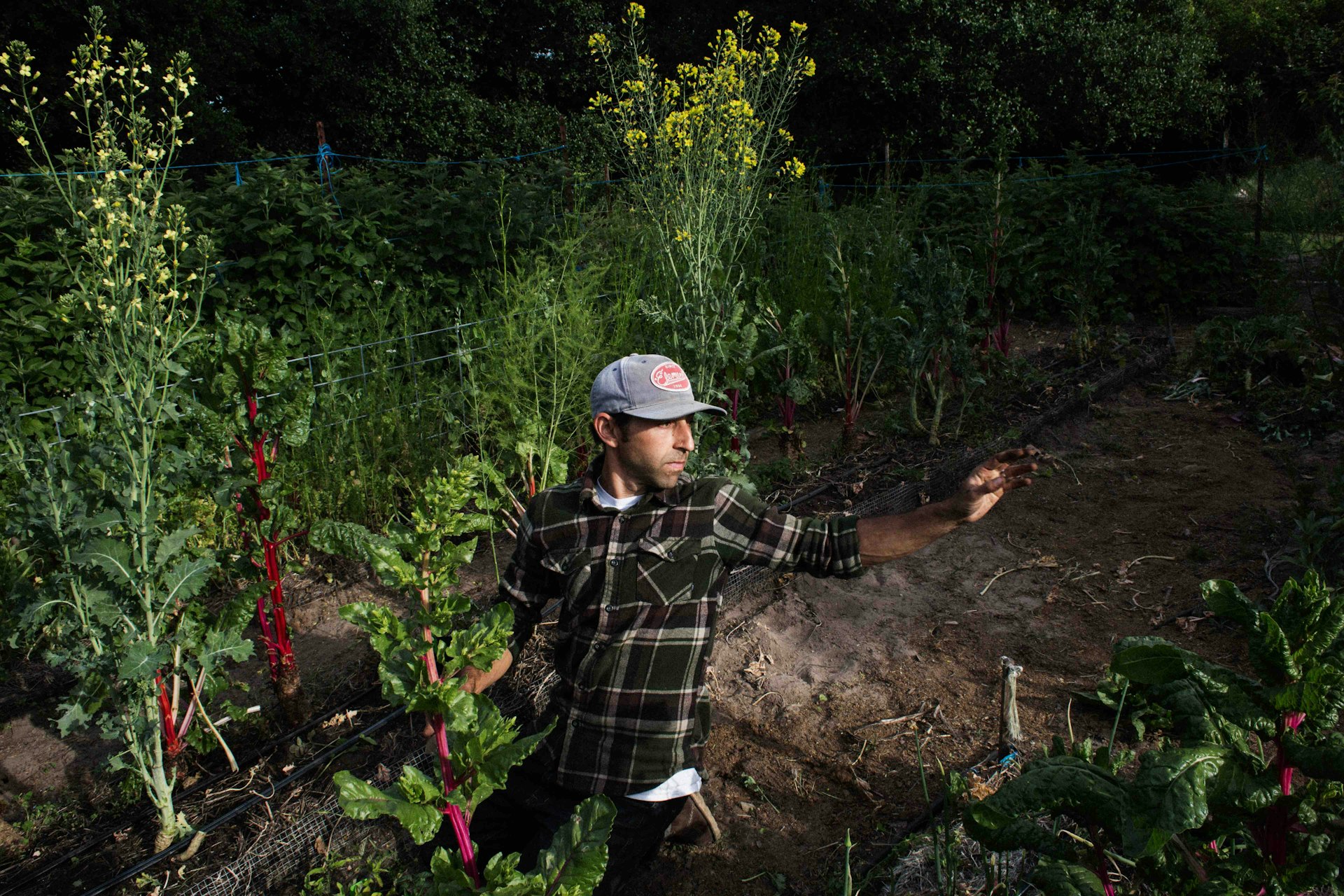
The juggling has its difficulties, but Brian is confident that having and maintaining the farm is the right choice for his whole family. He says it brings them together socially and keeps them healthy.
“Most of the family helps out in some way, whether it be collecting chicken and duck eggs, feeding the pigs, lending a hand in the garden, or tending to the alpacas,” he says. “My younger son always tends to my vegetables when I’m on a trip, and everybody loves to feed the pigs because they’re hilarious. The family all have very busy lives so it can get overwhelming when I need them to add some chores to their list for the day, but they are pretty good about it. I think they know and like the fact that we get to eat healthy food every day.”
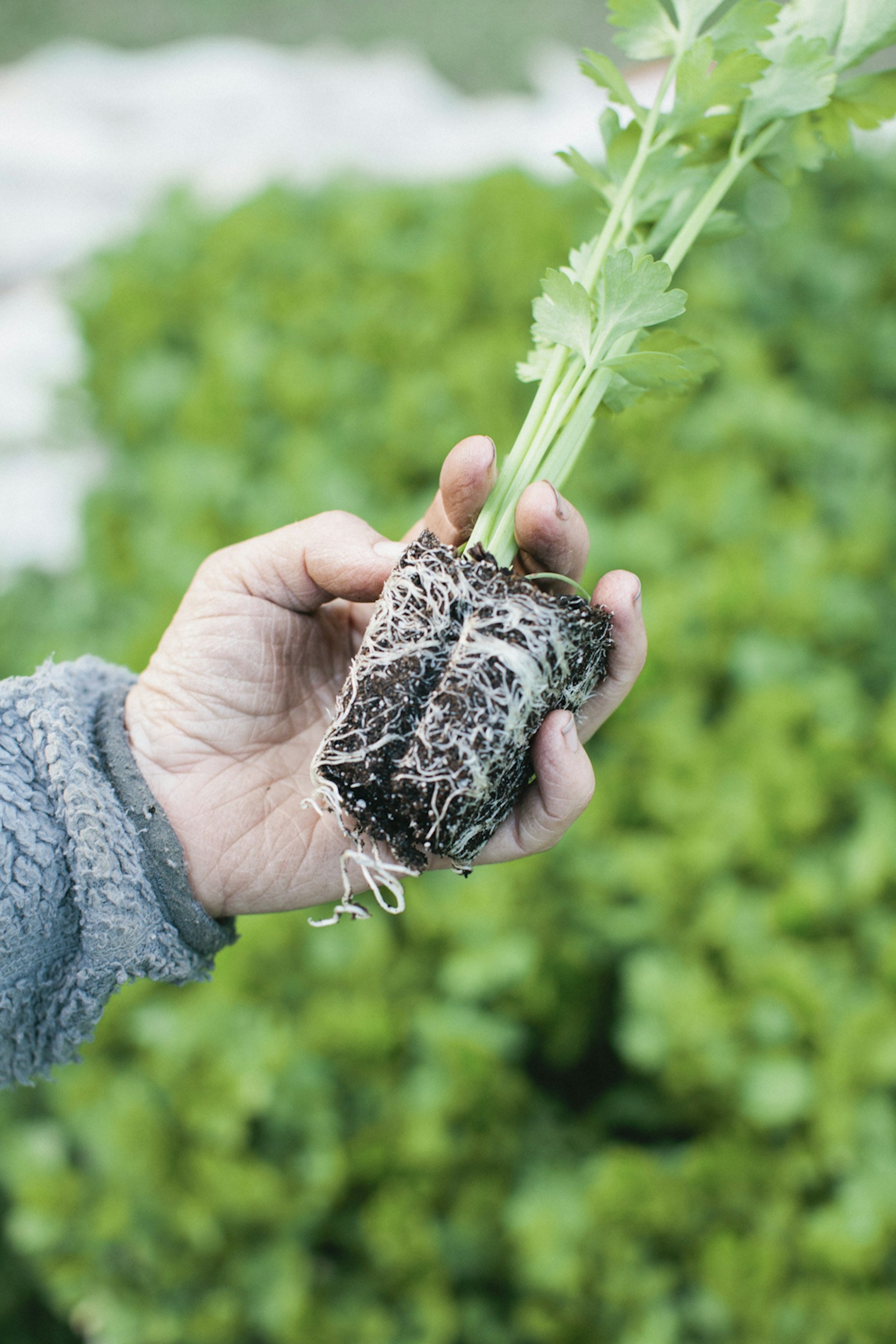
At forty-something, Brian is perhaps more primed for an off-the- grid life than other city people. So would he recommend this lifestyle for anyone? “Absolutely, 100%. When I get back from a long trip in some big, dirty city or other, the first thing I do is run to the garden and start pulling weeds and get dirty,” he says.
“It’s healing and it’s grounding. I feel like I’d die without it now. The studies have been done with school children, and I’m pretty sure there are actually things in dirt that make you happy, as well as build a stronger immune system. People love to visit the country from the city. We have lots of city friends, and they always leave here telling me how refreshed they feel. Imagine if you could feel like that all the time.”
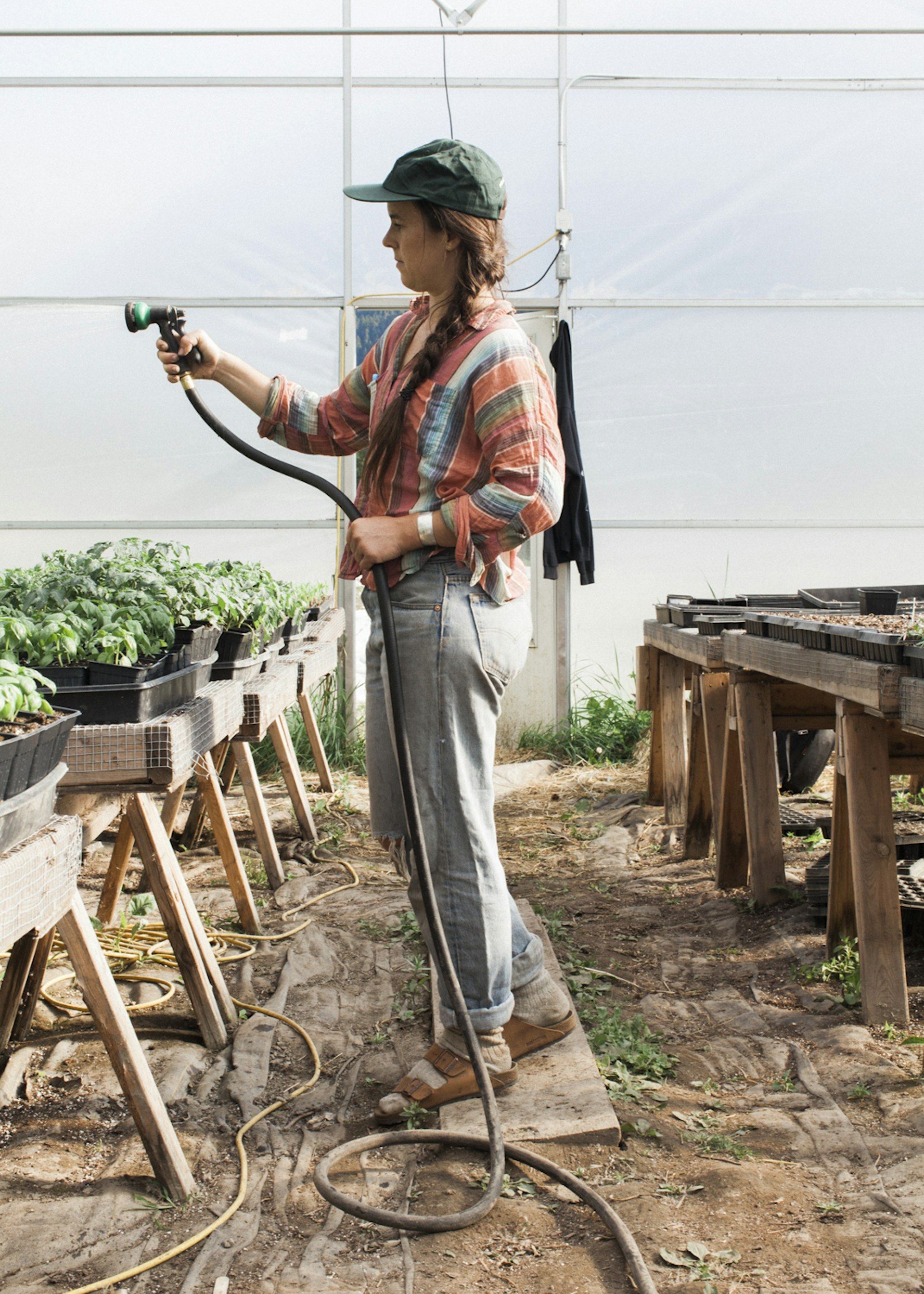
Alana Paterson is another skate photographer who can relate to that feeling. She lives and works on a small farm north of Vancouver, British Columbia. As someone in her late twenties, and another creative professional whose job requires her to travel all over the planet, she cuts more of a rare figure on the grow-your-own scene. She puts some of it down to social snobbery.
“It’s really hard work but so is being a lawyer, right?” she says, having just returned from a shoot in Japan. “It’s a risky business to pursue but so is opening a restaurant. I think it really comes down to very deep-rooted class issues, too. Labor as hard work is for peasants, but killing yourself slowly in an office job isn’t? I don’t know, it’s confusing and weird.”
Alana credits her interest in the lifestyle to her parents who grew, hunted and fished a lot of the young family’s food in British Columbia’s Gulf Islands. “On a regular basis, I saw food coming from places other than the grocery store so maybe that’s where I got it,” she says. “After I left home there were certainly a few lag years involving a lot of dollar slice pizza but by my fourth year out of the house I had my own veggie garden and it’s slowly progressed from there.”
Alana moved out of the Gulf Islands at about 13 years old and found skateboarding not long thereafter. “I guess I was looking for something to do other than play with toads and sea stars,” she says. “Skateboarding presented itself after a long battle with childhood karate and swim classes. It really brought me into life in the city.”
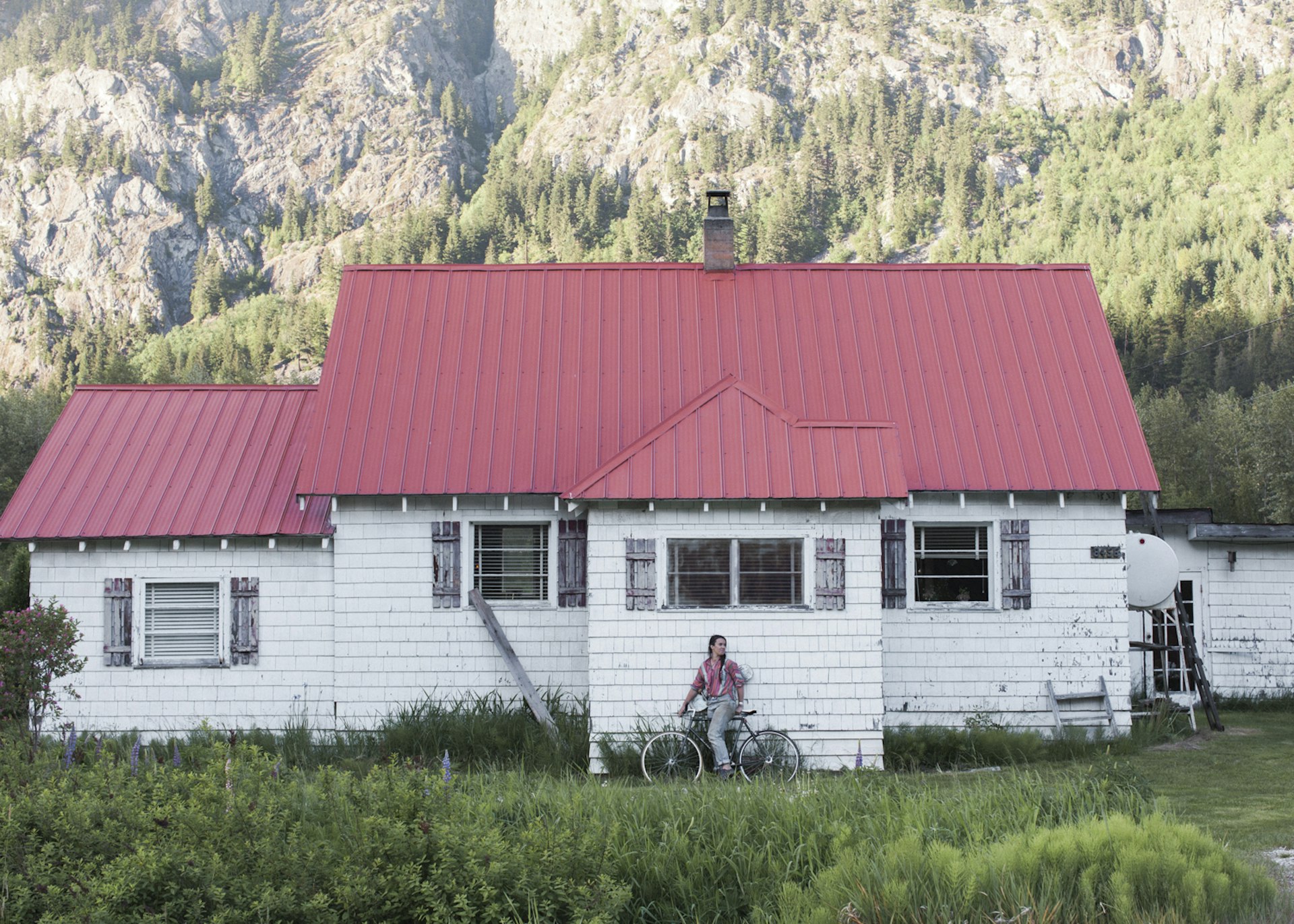
And unlike Brian, who sees some symbiosis between the cultures – “wanting to take control of my own destiny and not be subject to the will of others” – she sees one as more of an escape from the other. “Skateboarding and photography have always been connected. Skating is not a spectator sport, so photography was needed to advance it. And photography needs culture to document, so they feed each other quite well.
“But farming is something that stands on its own for me. It needs neither of those things to function. Its basis is so fundamental that I really put farming in its own category and instead of connecting them, I use farming as a healthy removal or break from those two devils [laughs].”
Skateboarding and farming may seem like completely disconnected realms; one taking place on concrete and the other with knees in the dirt. But the cultures are connected by an active persistence to carve out flexible spaces in a world filled with constraints.
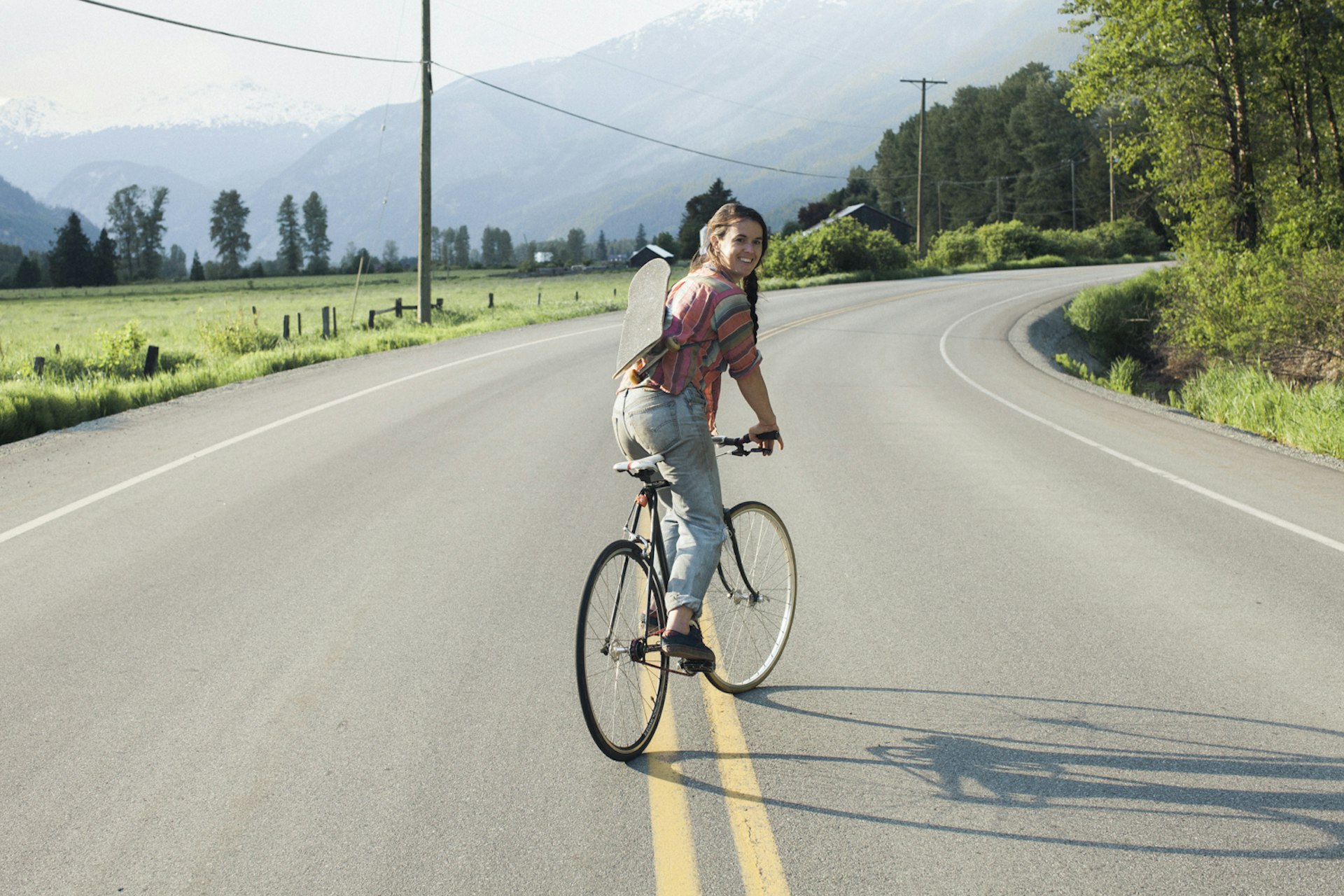
Rising out of a counterculture determined to look at the city with a fine-tooth comb, skateboarding has placed itself in the centre of what it is to be curious in an urban realm. Delineating launching points and obstacles that are completely invisible to everyone else makes it all the more curious to outsiders. This is where the worlds of farming and skateboarding somehow seem to have parallel philosophies for Alana and Brian, implying that both share the ability to visualise possibilities of space.
For Alana and Brian – alongside other skaters like Brandon Westgate, who raises chickens and grows vegetables on the East Coast; Magnus Hansen, who keeps bees in Canada; James Thoem, who designs gardens in Copenhagen; and Will Ainley, who forages for forest food in the UK – a natural inclination to visualise alternative uses for ‘wasted space’, along with a reverence for sun and soil, have tied their careers in skateboarding to a more green-thumbed way of life. These farm wizards abide by the cycles of each season, and this natural set of values is something that stands out as rare and curious when we so seldom dig in the dirt these days.
This article first appeared in Lines Through The City, a newspaper – featuring stories of cyclists and skateboarders – made in collaboration with Levi’s.
Enjoyed this article? Like Huck on Facebook or follow us on Twitter.
